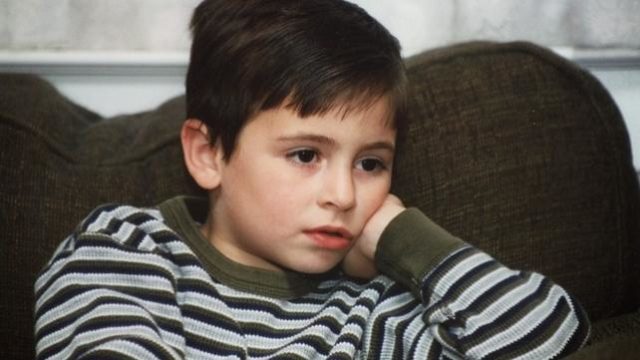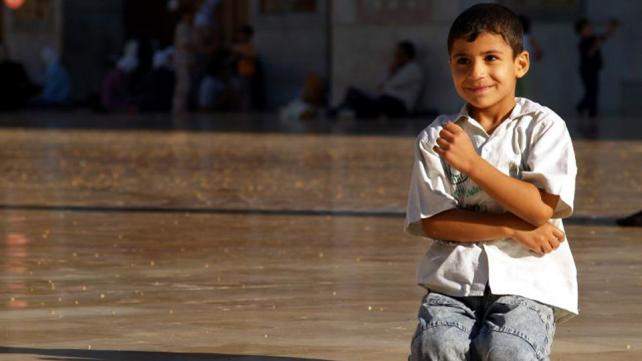Helping Children Handle Scary News

When tragic or violent events occur, parents may wonder about how to help their kids understand the graphic images and emotional video footage that they may see. Stephanie Marcy, PhD, psychologist at Children’s Hospital Los angeles suggests a few guidelines to keep in mind so parents can be better equipped to help their children handle scary news.
1. Turn off the TV!
Parents often fail to recognize that their children are watching and taking in the news in a traumatic way. Adults have the intellectual and emotional capacity to better understand the graphic images and information shown on television when a tragic event or disaster occurs. Young children do not. They may believe that old events are happening right now, or that they are happening if they see footage repeated on the news. It’s best to keep the television off and watch it after the kids are asleep, or read the news online.
2. Be mindful of what you discuss in front of your children
Children often listen more keenly than parents recognize. Talking about traumatic or upsetting events in front of your child may have unintended results. Parents should not burden their children with their anxiety. Instead speak with other adults about tragic events away from your young children.
3. Reassure them of their safety
If children become aware that something bad has happened, the most important thing a parent can do is let them know they are safe and that their parent is in control. If parents remain as calm as possible, children will naturally feel calmer and suffer less anxiety. Use the comfort of routine and familiarity to calm children and establish their sense of security and safety.
4. Less is more in answering questions
How much a parent should share with their child about a tragic event depends on the child’s age and level of development. Young children will not benefit from being told about tragic events unless they will be directly affected by it. For older children, parents can share basic information with them so that they do not hear about it elsewhere and become frightened. Once this basic information is shared, let the conversation be led by the child—wait to see what questions that the child has and respond to them in a manner that is appropriate for their age and development. Do not force a child to talk about a traumatic event; let them know that you are always available to answer their questions. It is common for a child to take time to process something and come back later with new questions.
5. Reach out and help
When we feel that we are able to help others during a tragic event, our sense of control and mental health is enhanced. Parents with children who are aware of a tragic event can help them by identifying an activity that will help those impacted by the event. Some ideas include:
- Have a lemonade stand and send profits to one of the relief funds
- Send well wishes to the victims
- Send a letter or picture of support (if the event occurred at a particular establishment like a school or church)
6. When to be concerned
It’s important for parents to know what to look for so that they can identify if the event is causing trauma or anxiety for their child. Below is a list of symptoms that, if observed in a child persistently for several weeks, indicate that attention is warranted:
- Sleep difficulties, including nightmares
- Re-enacting events in their play
- Significant change from typical behavior (e.g., aggressive, hyperactive, impulsive, withdrawn, tearful)
- Separation anxiety
- Hypervigilance (child always seems to be on “high alert,” jumpy)
- Difficulty paying attention or focusing
- Behavioral regression – reverting back to behaviors from earlier developmental period or losing skills (e.g., toileting accidents, wanting a pacifier or bottle, sucking thumb, talking like a baby)
- Somatic symptoms (e.g., headache, stomach ache)
- Irritability, moodiness, or low frustration tolerance
- New fears that may or may not be related to the event
- Inappropriate guilt or self-blame
- Frequent reassurance-seeking
- Risk taking behaviors (In adolescents; e.g., promiscuity, substance use, stealing, ditching school)
- Children with prior trauma, recent loss, or a history of anxiety are likely to be more vulnerable when experiencing potentially traumatic events.
7. Ask for Help
As always, if you are concerned that your child may be experiencing anxiety or trauma, seek help as soon as you can. Being supportive of your child, and getting help early are key factors in recovery. A good place to start is to speak with your child’s pediatrician, who can help you identify the best next step for your child.


